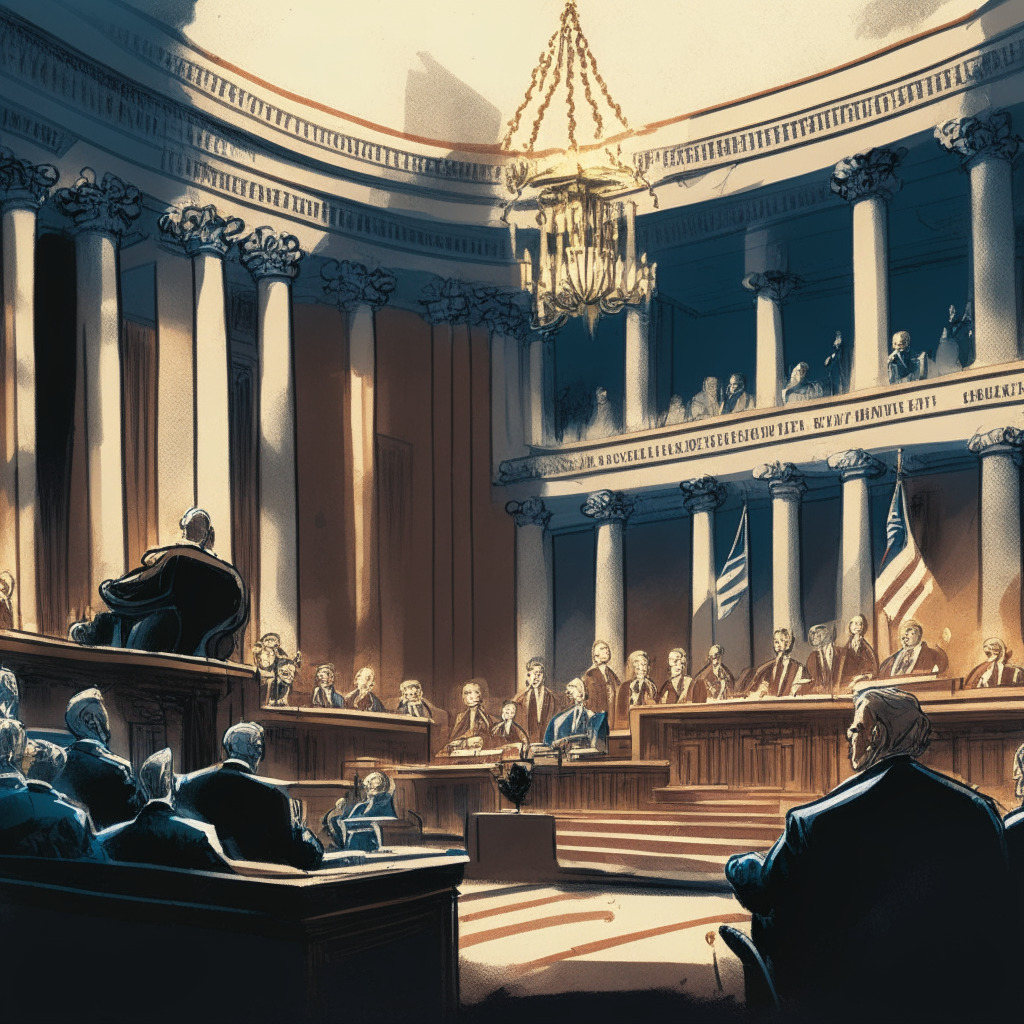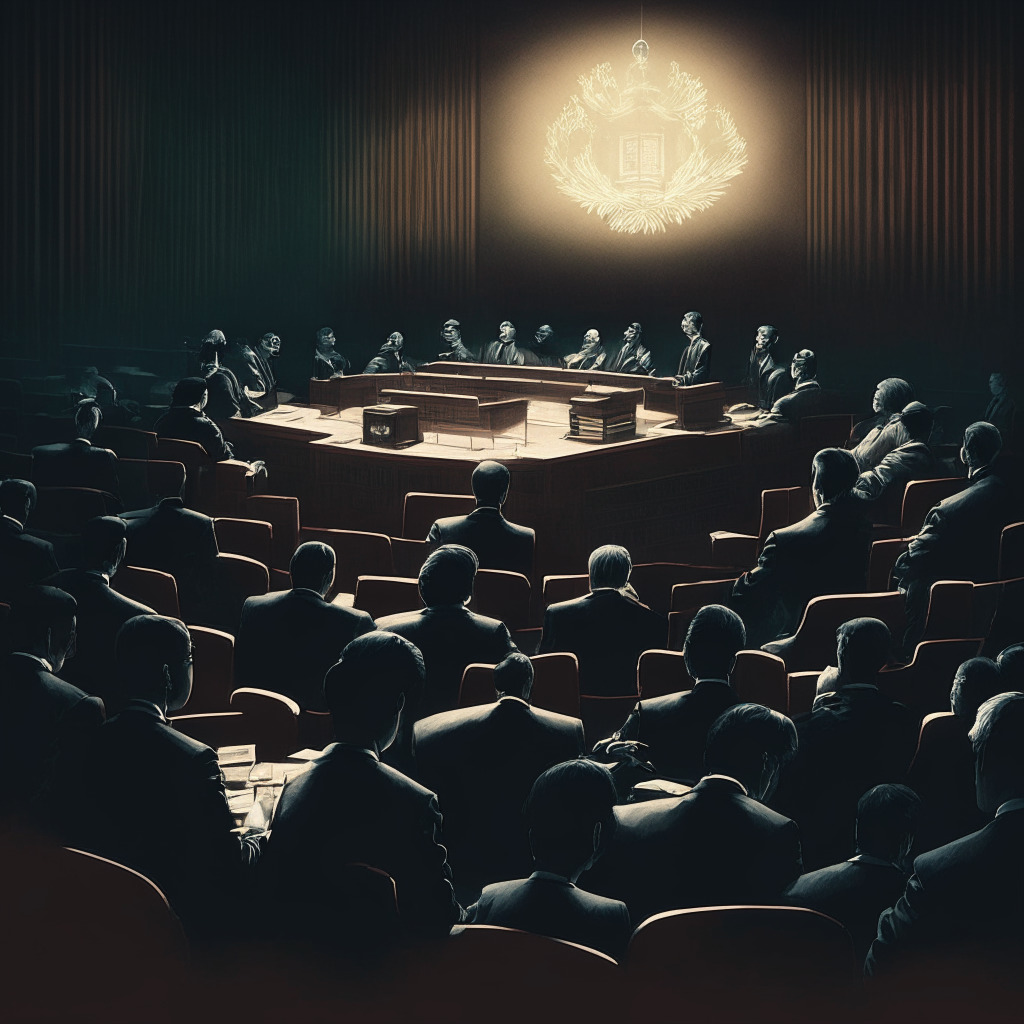In a recent move to tighten oversight on crypto-based activities, the United States Senate has passed the 2024 National Defense Authorization Act (NDAA). The bill, valued at $886 billion, contains a provision specifically targeting crypto mixers, institutions engaging in crypto trading, as well as coins that bolster anonymity. A crucial role of the NDAA is to establish how federal funding can be used by the country’s defense department.
The crypto-centric amendment within the bill was put forward by several senators, including Cynthia Lummis, Elizabeth Warren, Kirsten Gillibrand and Roger Marshall. It draws many of its provisions from the Digital Asset Anti-Money Laundering Act (introduced in 2022) and the Responsible Financial Innovation Act, with the intention to prevent a repeat of FTX-style events in the industry.
A proposed requirement enshrined in the amendment involves the establishment of examination standards for crypto. This is aimed at assessing risk and ensuring businesses are in compliance with relevant sanctions and money laundering laws.
Additionally, the amendment places a mandate on the Treasury Department to carry out a comprehensive study aimed at stifling anonymous crypto transactions. This targets the use of crypto mixers like Tornado Cash, which are commonly used to privatize transactions.
On the flip side, though, are concerns over potential misuse. According to the U.S. Treasury Department, Tornado Cash encounters a predicament as it is often employed by nefarious actors looking to convert their ill-obtained crypto from hacks and exploits, effectively dodging prevailing regulations.
The NDAA’s wider scope encompasses a requirement for U.S companies to disclose their investments in China. Senator Bob Casey contends that this stipulation is crucial for the government to ascertain the extent of “critical technology” being transferred to competing entities.
Looking at the checks and balances, the measures seem well-intentioned and a potential bulwark against misuse. Nevertheless, there’s an elephant in the room: could the stifling of crypto anonymity potentially curtail the growth of this transformative field? As with all ground-breaking developments, striking a delicate balance between pioneering innovation and ensuring adherence to standards will remain an ongoing challenge.
Source: Cointelegraph




